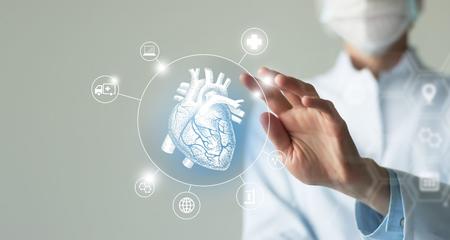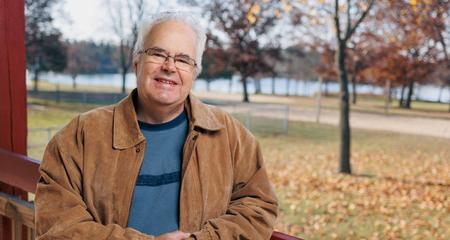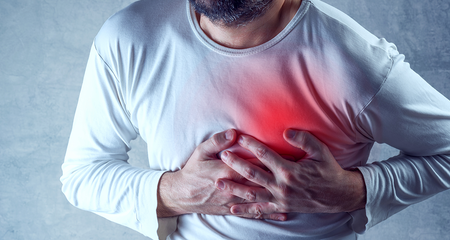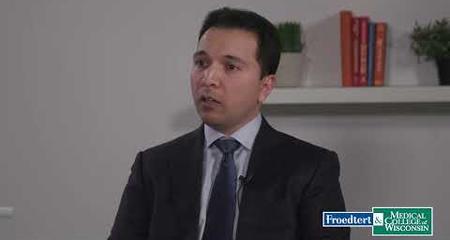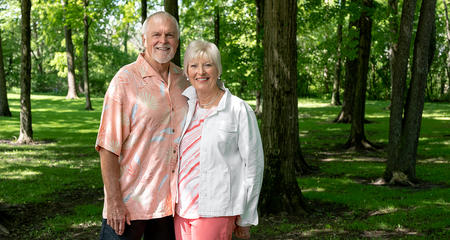Cardiac nuclear imaging uses radioactive materials (tracers) to obtain diagnostic images of the heart and vessels. Testing involves giving a tiny amount of a tracer to a patient. The tracer collects in the heart and gives off gamma rays, which are detected by a gamma camera. Skilled nuclear medicine technologists perform the tests, which are interpreted by experienced Medical College of Wisconsin nuclear medicine physicians.
The two main types of cardiac nuclear imaging tests are:- Multiple Gated Acquisition (MUGA) — measures how much blood the heart pumps or “ejects” with each contraction (the ejection fraction) and how quickly that blood is ejected.
- Nuclear medicine stress test (also called myocardial perfusion imaging) — evaluates the coronary arteries by determining changes in blood flow to the heart during exercise.
Learn more about other heart and vascular diagnostic tests we offer.
The Society for Vascular Surgery's Vascular Quality Initiative (SVS VQI) has awarded Froedtert Hospital three out of three stars for its active participation in the Registry Participation Program. The mission of the SVS VQI is to improve patient safety and the quality of vascular care delivery by providing web-based collection, aggregation and analysis of clinical data submitted in registry format for all patients undergoing specific vascular treatments. The VQI operates 14 vascular registries.
Blogs, Patient Stories, Videos and Classes
